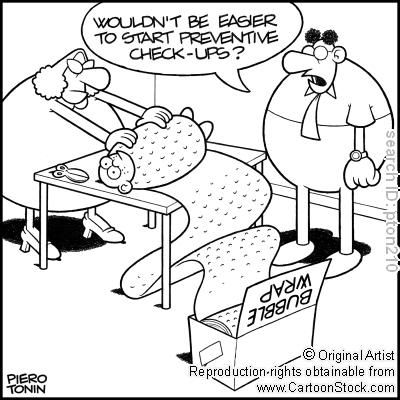Dear Over-parenting Parents & Schools

via The New York Times:
Most children naturally seek close friends. In a survey of nearly 3,000 Americans ages 8 to 24 conducted last year by Harris Interactive, 94 percent said they had at least one close friend. But the classic best-friend bond — the two special pals who share secrets and exploits, who gravitate to each other on the playground and who head out the door together every day after school — signals potential trouble for school officials intent on discouraging anything that hints of exclusivity, in part because of concerns about cliques and bullying.It's a sad day and age when kids aren't allowed to just be kids. It's even sadder when adults feel the need to intervene out of some self-obligation to protect kids from bullying. I understand that bullying is an issue and that the repercussions for not attending to bullying problems can be fatal (see: Columbine). That said, trying to create an artificial 'group' of friends is downright ridiculous. Parents, while I'm no expert on child development, my childhood years are not that far behind me. I can remember having in my 10 (give or take) years of childhood 3 exclusive best friends. No, it wasn't always pretty when arguments and fights did occur, but you have to learn how to deal with it. Over-parenting parents, by making kids be friends with everyone, you're slowly yet surely weeding out discernment, among other things in a child's life. If a kid has to be friends with everyone, then he's really good friends with no one. The child gets no sense of what he does or doesn't like in a person because he's forced to like everyone. It's almost torturous to think that kids have to be nice to and play with everyone, simply because a school administrator says so. What's worse is the false sense of security that children grow up with because of such sheltering.
“I think it is kids’ preference to pair up and have that one best friend. As adults — teachers and counselors — we try to encourage them not to do that,” said Christine Laycob, director of counseling at Mary Institute and St. Louis Country Day School in St. Louis. “We try to talk to kids and work with them to get them to have big groups of friends and not be so possessive about friends.”
“Parents sometimes say Johnny needs that one special friend,” she continued. “We say he doesn’t need a best friend.”
That attitude is a blunt manifestation of a mind-set that has led adults to become ever more involved in children’s social lives in recent years. The days when children roamed the neighborhood and played with whomever they wanted to until the streetlights came on disappeared long ago, replaced by the scheduled play date. While in the past a social slight in backyard games rarely came to teachers’ attention the next day, today an upsetting text message from one middle school student to another is often forwarded to school administrators, who frequently feel compelled to intervene in the relationship. (Ms. Laycob was speaking in an interview after spending much of the previous day dealing with a “really awful” text message one girl had sent another.) Indeed, much of the effort to encourage children to be friends with everyone is meant to head off bullying and other extreme consequences of social exclusion.
When I was a kid, there was freedom: freedom to make friends, freedom to stop being friends, freedom to be hurt by friends and freedom to make up the next day and go on about our days like nothing ever happened. Parents and schools who force kids to be friends with everyone, you're building up artificial security, in that these kids never will experience rejection in its most natural form. By holding the reins on organic relationships, you're allowing kids to grow up thinking everything will simply fall into place because 'that's what the teacher says'. Instead of fostering natural development, you're raising these 'bubble' kids, who have everything in their lives vacuum-packed and hermetically sealed. You don't allow them to experience pain or hurt at a young age, so when they enter the 'real' world (I don't think there will be a 'real' world in 30 years) everything is a shock to them. Kids will grow up, and at the first sign of adversity, they freak out because nothing's ever gone wrong.
That's not to say that we should toss children into the fire and see if they make it out without burns. It means they should be free to run, jump, slide, hang, fall and ride out with whomever they see fit. If the friendship doesn't work, so be it. Kids are born with two things inherently: a clean slate and natural resiliency. Hindering either of those leaves a huge void in their development, both socially and emotionally. Parents, stop trying to raise the perfect generation of kids and allow kids to be kids. We will never live in a Utopia, and sheltering the next generation won't ensure that anymore than brain-washing and full censorship. Word to Dystopian literature...